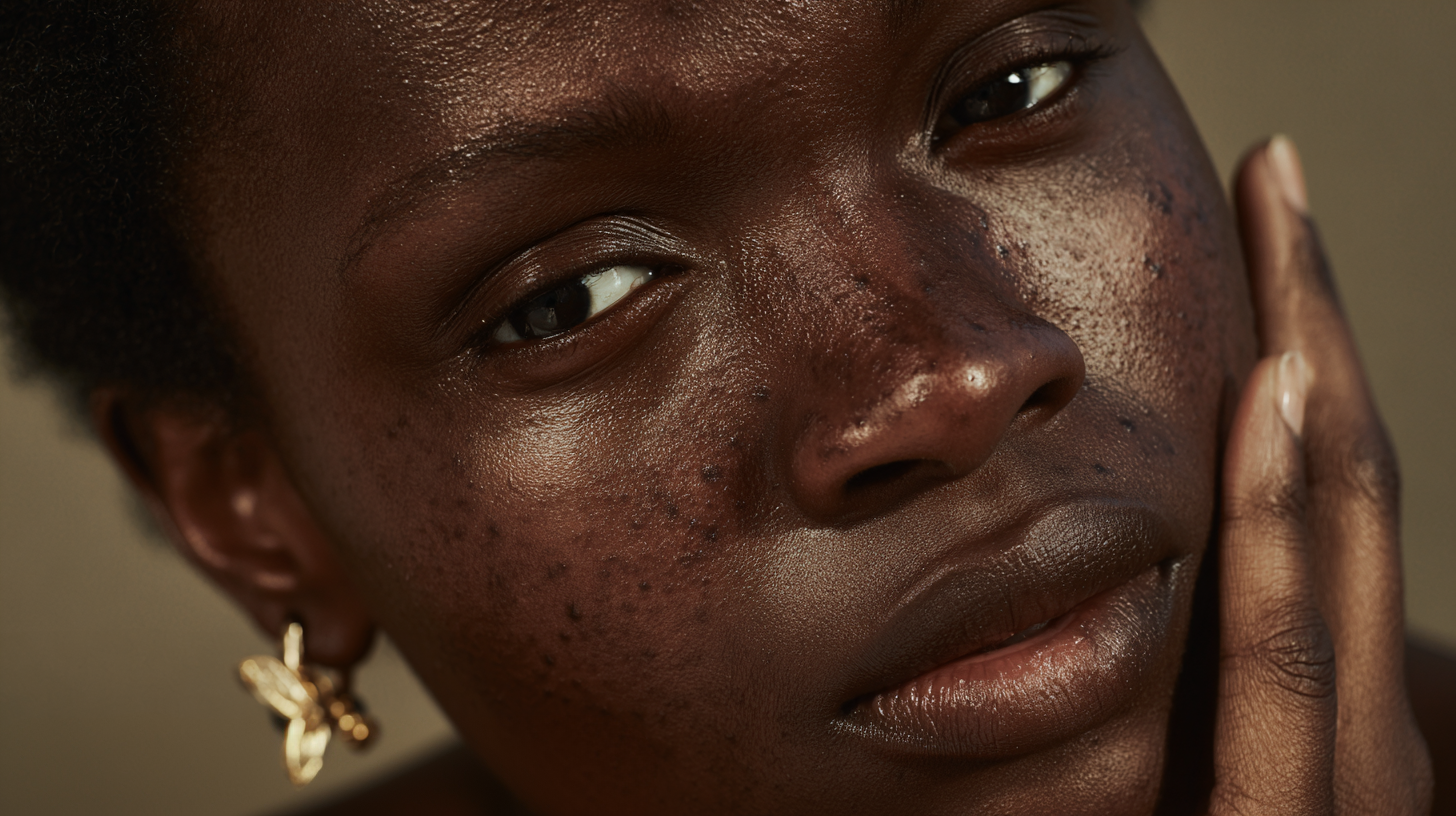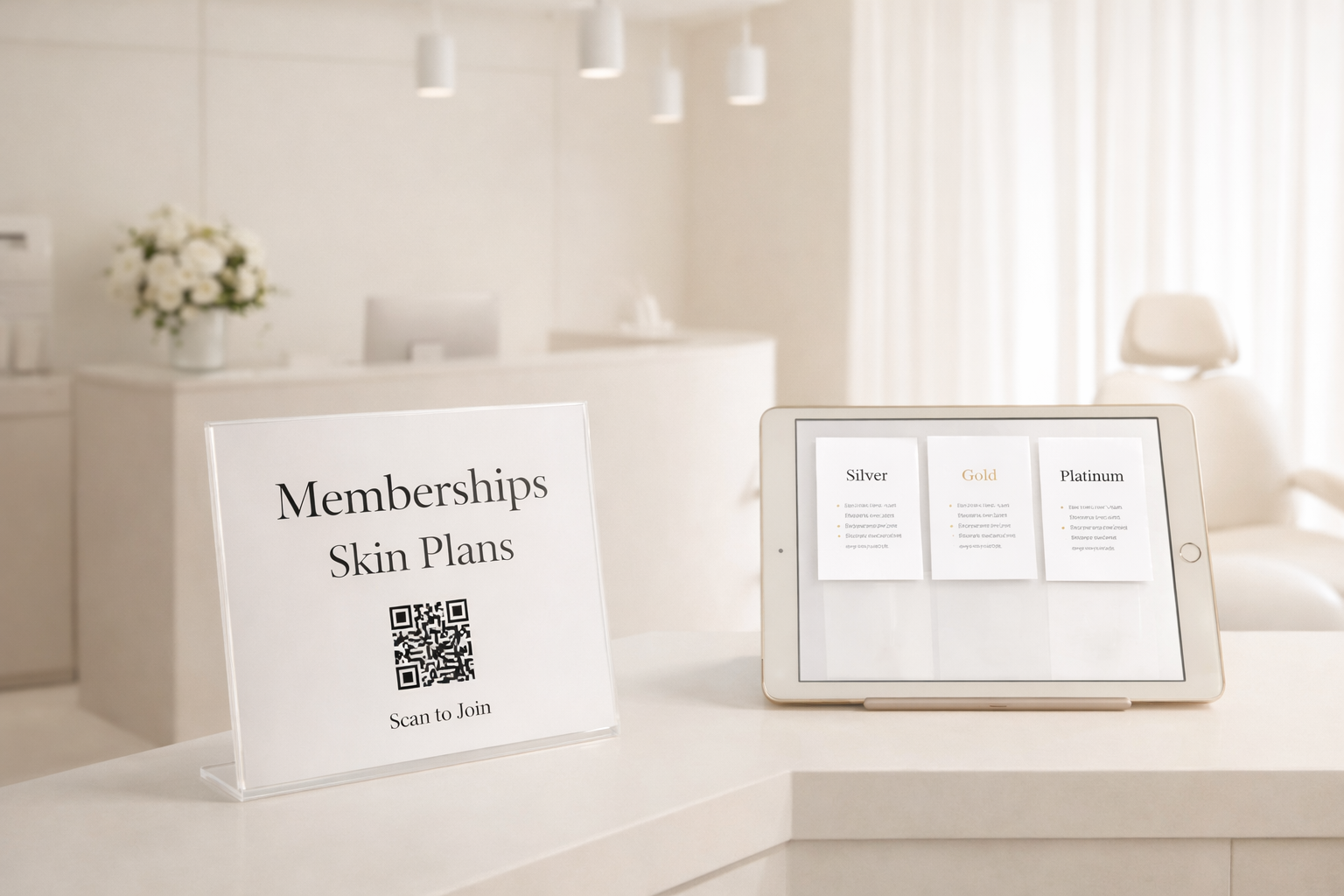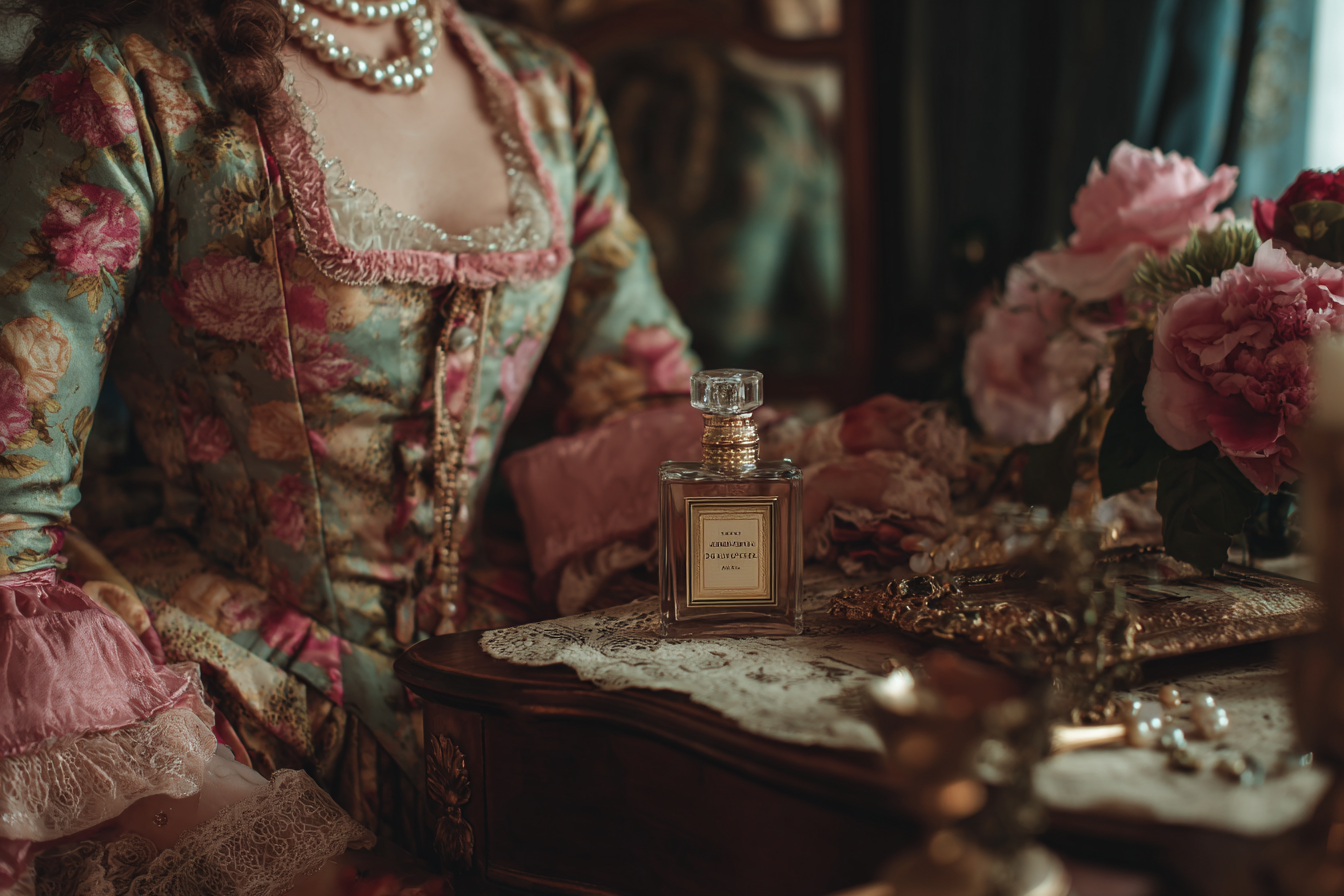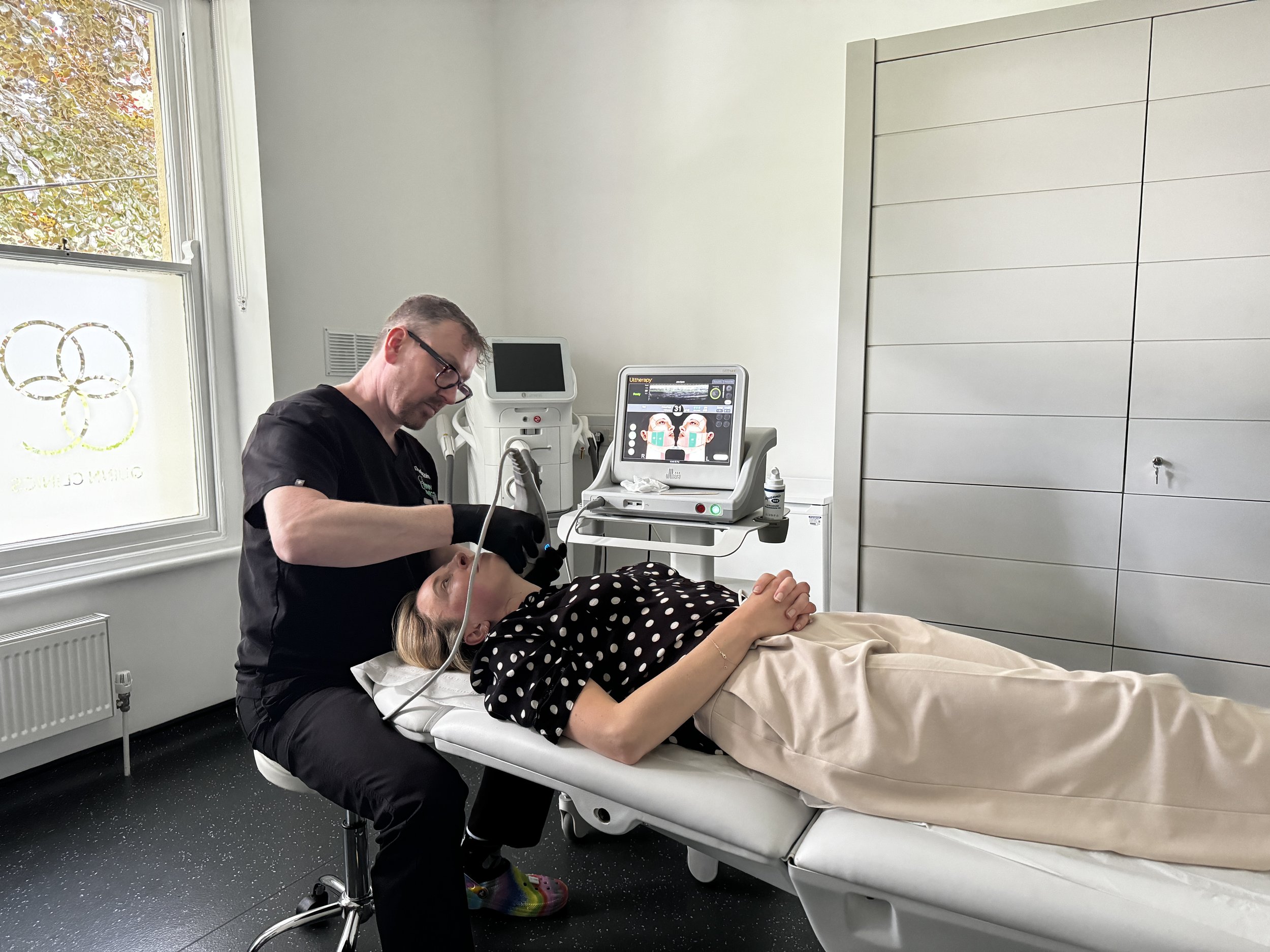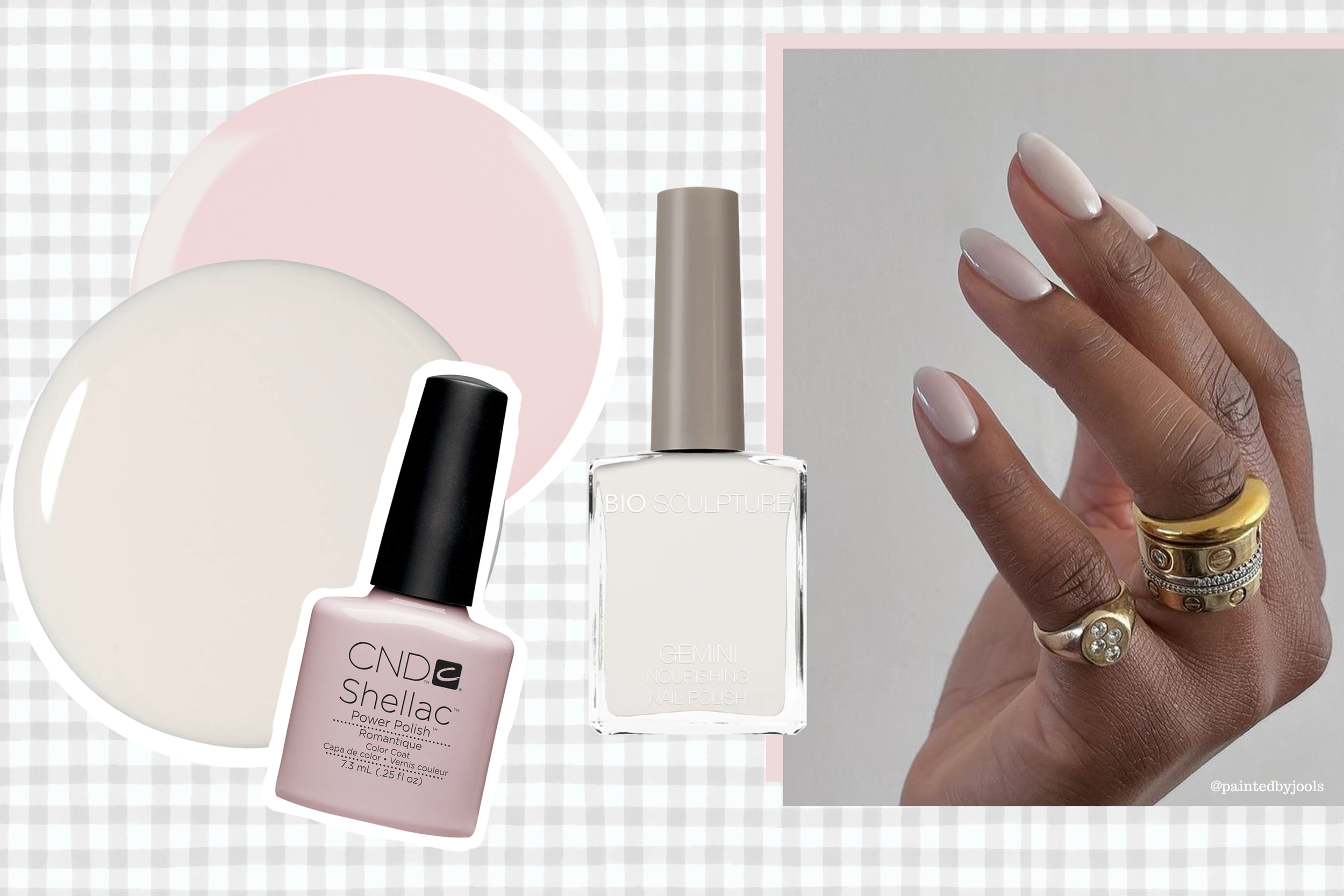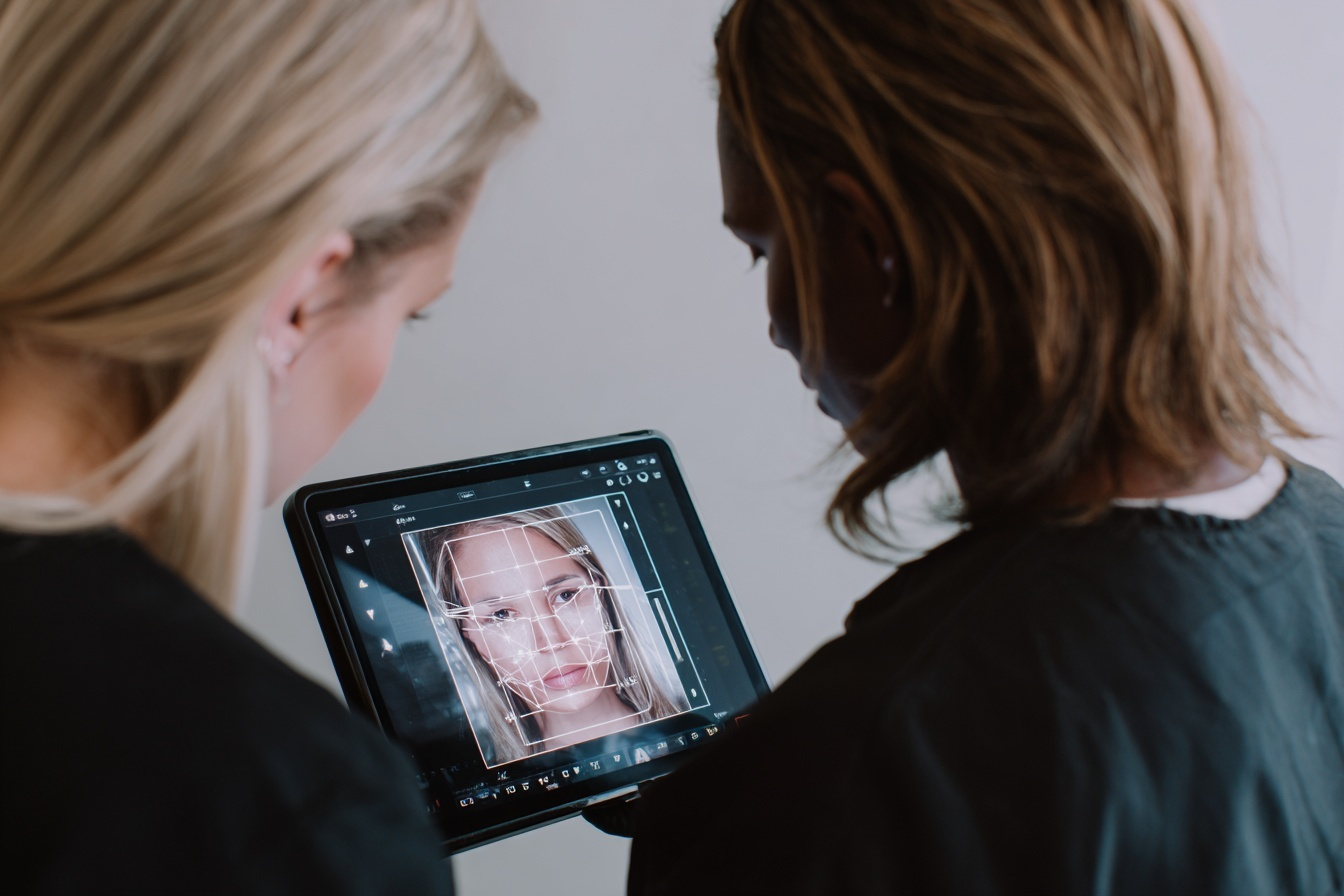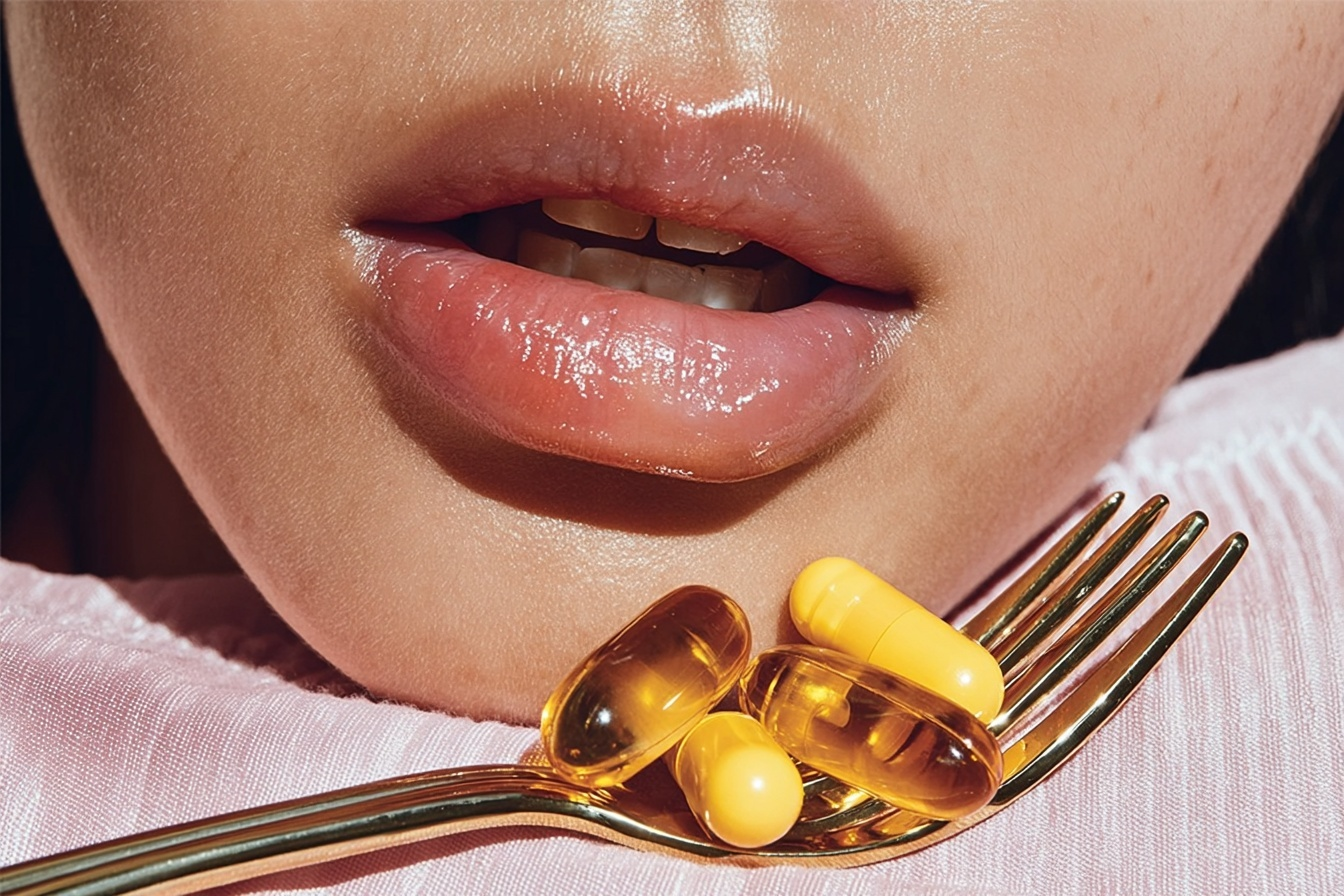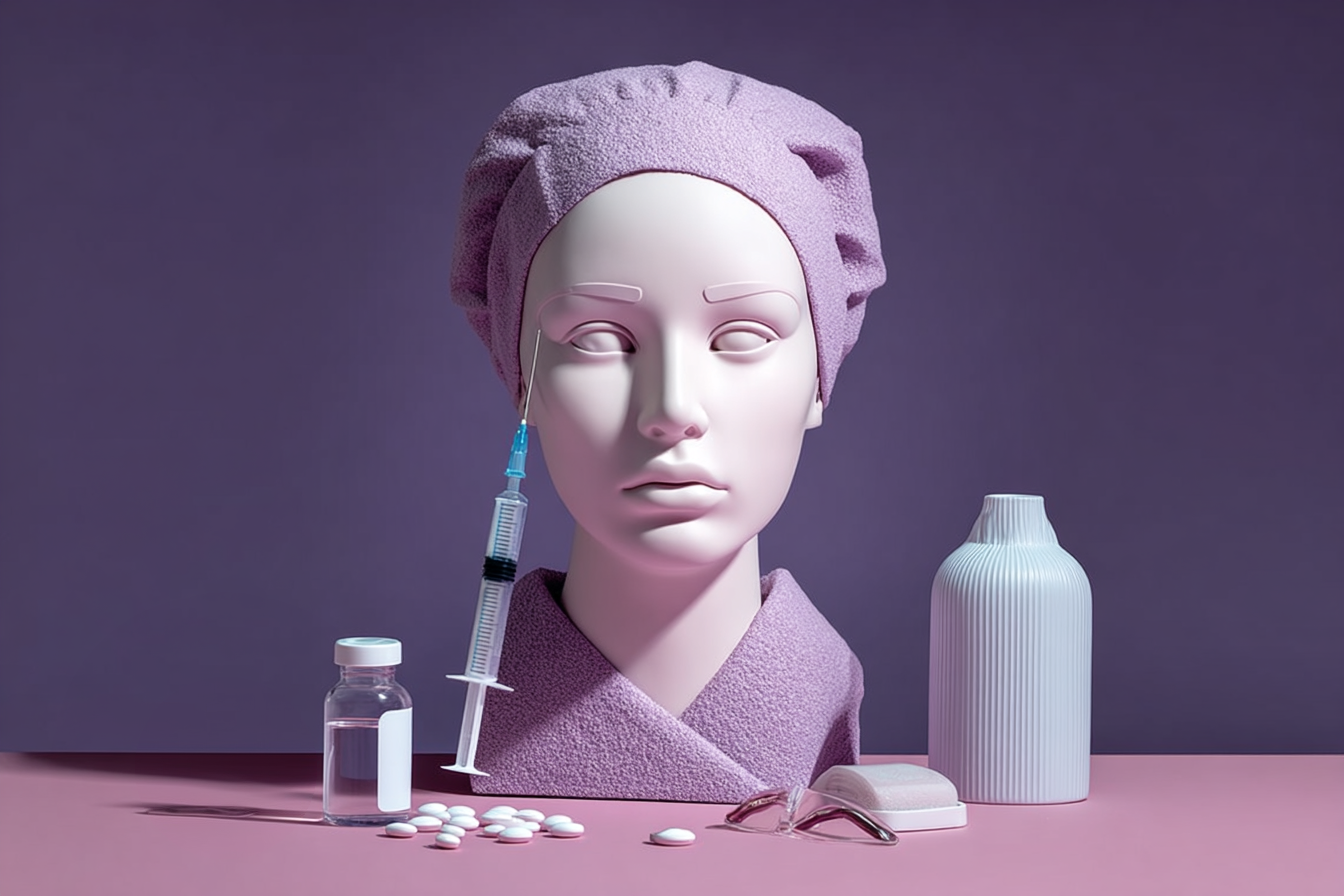Sarah Harbon, Benefit’s GM on What Beauty Looks Like When It Gives Back
Benefit Cosmetics is filled with passionate humans who want to give back to the community through beautiful means. That belief sits at the heart of Bold is Beautiful, a campaign that’s grown from a simple idea into a force for real change and celebrates its 10-year anniversary this month. In this interview, PBL Magazine speaks with Sarah Harbon, General Manager for the UK and Ireland, about how a mascara-themed relay turned into a global effort to support women in crisis. Through honest reflection and personal stories, she reveals how one beauty brand has woven care, connection, and community into everything it does.
PBL Magazine: Looking back to 2015, what was the original vision behind Bold is Beautiful, and how has that vision evolved over the past decade?
Sarah Harbon: Actually, if we go back a little earlier than 2015, that was when we were already beginning to mobilise around the idea of philanthropy within our business. Bold is Beautiful gave us a permanent, structured vehicle to build on that, but the spirit of giving was already deeply rooted in our culture in the UK and Ireland. I genuinely believe UK consumers are among the most generous in the world. It’s part of how communities here are built, and it just made sense that, once we reached a point where we were sustainable as a business, we would look at ways to give back.
We started exploring philanthropic efforts around 2012 or 2013, and in 2015 Bold is Beautiful officially launched as a global programme. Since then, as more countries have grown and matured, they’ve joined the initiative too. Someone asked earlier whether it exists in the US, and of course it does. That’s our home market. But each country supports causes that matter locally. For example, Look Good Feel Better is a global partner with wide reach, but others are more regional. In the UK we work with Refuge, while in Ireland we support Daisyhouse Housing Association, which helps women navigating addiction recovery, homelessness, or reintegration after prison. It’s about helping women at critical turning points in their lives, without judgement. There’s no single version of what a woman should be. We all have moments when we need support, and the programme recognises that.
10 May 2015, Benefit Bold is Beautiful March in London led by TV and radio presenter Sarah-Jane Crawford.
The vision behind Bold is Beautiful continues to evolve because we’re always learning — from our charity partners, from the women they support, and from our teams. The heart of the programme is brought to life every year by our teams on the ground, who always go above and beyond when we challenge them to do more. They never fail to rise to that challenge. The programme has now raised $26 million globally of which nearly £2 million has been raised in the UK and Ireland.
PBL Magazine: You've worked with Look Good Feel Better and Refuge in the UK, and with other partners internationally. How do you decide which charities to support?
Sarah Harbon: That’s a really good question, and there isn’t a strict formula. I was personally involved when we brought in Look Good Feel Better, as we wanted to broaden our messaging. Refuge had already been a long-time partner. In the US, one of their partners is Dress for Success, which helps women prepare to re-enter the workforce. That’s a different stage in the same recovery journey. While Refuge might support women in crisis, Dress for Success focuses on the next step, helping them get interview-ready and rebuild their confidence.
There’s no global directive telling each country which charity to support. Instead, the choices are made thoughtfully, based on local needs and relationships. I’d say they’re all chosen quite intimately, rather than systematically.
PBL Magazine: You’ve mentioned that you’ve raised around £2 million in the UK and Ireland. What specific local impact has this had?
Sarah Harbon: The impact has been huge, and I would even say generational. We try not to focus too much on the scale of it, because when you really stop to think about it, it can feel overwhelming. What we do know is that Benefit is a very connected brand. I spend a lot of time on shop floors, with our people, and with the beneficiaries of the charities we support. It is not about numbers on a spreadsheet or how much was raised. It is about people, and about real relationships.
We hear directly from those affected. Not just from charity leaders but also from the beneficiaries themselves. That is what keeps it grounded. One man said, after his wife went through Look Good Feel Better, "I got my wife back." You cannot underestimate how powerful that is.
I also remember Mark Flannery, the CEO of Look Good Feel Better, sharing a story from a workshop. A woman who did not normally wear makeup was learning how to apply it. He asked her why she was doing it now, during cancer treatment. She said, "Because my daughter is scared of me." That was such a devastating thing to hear. On top of her illness, she was dealing with the fact that her own child could not recognise her. That really stuck with me.
So when we talk about impact, we are not just referring to money. We are talking about deeply personal, emotional experiences that can change lives. Last year, I met a woman who had benefited from Look Good Feel Better because her mum had gone through the same programme 30 years earlier. Her mum’s experience meant she felt well enough to spend quality time with her daughter and go to the park — things she might not have done otherwise. And when her daughter later received her own diagnosis, she already knew where to turn for support. That kind of impact carries forward.
At its core, this is about human connection. I would hope that if someone were to describe our brand, they would say it is full of good people. We say that a lot internally. We employ really good humans. That is why it is easy to bring people together, to say, "Let’s do this," and they respond. Every time.
PBL Magazine: Which moment in the 10-year journey would you bottle up and keep on your desk as a reminder of why it all matters?
Sarah Harbon: The Mascara-a-thon, without a doubt. It was the weirdest thing I’ve ever done, and probably one of the most important. It actually took place slightly before the ten-year history of Bold is Beautiful, but I genuinely believe that if we hadn’t done it, the programme might not be what it is today.
It was such a wild idea. We ran a giant mascara wand from Scotland to London. Our teams each took on stretches of around three miles, and we literally passed this huge mascara along the route. It was so big we had to coach it between handovers, and we were crossing motorway islands and navigating all sorts of obstacles. It ended in London with a big celebration at Spitalfields Market.
There have been lots of defining moments in my career at Benefit, but this was a real turning point. It showed us what was possible. It taught us that if you try something bold, even a bit ridiculous, it can completely change your direction. At that time, our CEO wasn’t even talking to us about philanthropy, but as a mature market, we were in a position to try something that newer markets couldn’t. And it worked.
We had no idea if we’d ever do it again. It just seemed like a fun, meaningful thing to do at the time. But looking back, that moment of total madness became the springboard for some of our most important relationships. It was the first year we worked with Refuge, and when I think about how many women have been helped since then, it becomes very emotional. The team at Refuge has changed over the years, but we’re almost like the pink thread running through the organisation. We’re their longest-standing fundraising partner, which I only learned today. I hadn’t realised that before.
We may not have raised the most money of all their partners, but we've been the most consistent. And once you show up, it's hard to walk away. That consistency builds trust, and now it feels like they’re part of our team, and we’re part of theirs. It’s a really special relationship.
PBL Magazine: Has Bold is Beautiful influenced internal culture at Benefit, such as training, recruitment, employment, or engagement in the UK and Ireland?
Sarah Harbon: Yes, absolutely. It comes back to the idea of being human and hiring really good people. When you employ good humans, you can do good things. When you do good things, more good humans are drawn to you. It becomes a kind of self-fulfilling cycle.
We actually have a mission statement: to build a beauty community for all, dedicated to doing good and creating good. That’s something everyone can get behind, whether they work on the shop floor or in operations. Even someone collecting payments from a Boots counter can make someone feel good during that interaction. Bold is Beautiful brings that mission to life more than anything else we do.
At a recent conference, we had around 500 attendees. The charities we work with came to speak, and you could hear a pin drop in the room. It was emotional and powerful. Afterwards, we asked everyone to pledge how much they thought they could raise using QR codes, so the experience also became a shared act of accountability. The challenge is making sure someone working in a small counter in Wigan, for example, feels just as passionate about these causes as someone in head office. That is part of my job — to help everyone see how this matters to all of us, and to make it fun and meaningful.
Benefit is a brilliant brand for this kind of work because we can bring ideas to life in creative ways. We often go a bit off-piste, and honestly, we have said yes to some ridiculous ideas. There have been a few where we’ve thought afterwards, did anyone know that was going to happen? But it is all done with good intentions, even if it’s not always corporately polished. The heart is always in the right place. It’s a bit like family. You shape the culture, but the culture also shapes you. It’s a two-way relationship.
PBL Magazine: You’ve essentially turned a beauty ritual into a philanthropic act. Do you think this kind of emotional transaction is the future of beauty retail?
Sarah Harbon: Going back to our mission statement, it’s all about making people feel good. That should be a natural goal, especially in beauty. But beauty can be a really difficult space for many people. There are plenty of brands that don't actively aim to create that emotional connection, and I’m not criticising that, but we’ve found that storytelling is at the heart of everything we do.
When you're working with charities, you need to be able to tell a story. And storytelling, when it’s done well, creates an emotional response. That response is what drives people to act. I still get emotional hearing from beneficiaries, even after all these years. It never gets any easier, and that’s because the stories are real. So I don’t know if emotional connection is the future of giving in beauty, but I do believe it is essential. Without that emotional hook, why would anyone care enough to take action?
It comes down to making people feel something. Whether you are selling skincare or raising money for charity, it’s about identifying a problem and offering a solution. The customer needs to understand the issue and believe they can be part of making things better. In that sense, philanthropic giving works in a very similar way to beauty retail. Both require trust, emotion, and connection.
So is emotional giving the future of beauty? Maybe not for everyone. But I do think it should be a cornerstone of giving. Not just in beauty, but in general. I’m not someone who likes to tell people what they should or shouldn’t do - it can come across as virtue signalling, and everyone's circumstances are different. But when it comes to creating real impact, emotional storytelling is how change begins.
PBL Magazine: And what question do you wish people would ask about Bold is Beautiful, but rarely do?
Sarah Harbon: "How can I help?" That’s it. That’s the top and bottom of it. We just need more people to step up and think, this could be my sister, my mum, my friend, or even me. Anyone in our lives could go through something like this at any point.
So many of us believe that these things will never happen to us. We’re almost arrogant about it — until it does happen. And then suddenly, we’re the ones who need support. I was on the phone yesterday with someone from a retailer who was having a tough time. They felt stuck, like nothing could be done. We didn’t find a solution in that conversation, but I said, "What can we do to help?" Sometimes, just asking that question opens the door to something better. Without it, you stay stuck in the problem.
That’s the question I wish people would ask more. Because when you ask, "How can I help?" you’re no longer passive. You’re engaging. You’re saying, I care, and I want to be part of making this better.
We all have the ability to help, but it takes awareness and effort. If you’re not personally affected, then helping feels optional. But wouldn’t it be amazing if more of us acted purely because it was the right thing to do? If our first instinct wasn’t, "What’s in it for me?" but instead, "What can I do to support someone else?"
PBL Magazine: And my last question is this. Imagine we’re celebrating the 20-year anniversary of Bold is Beautiful. What do you hope the campaign will have achieved by then, and what do you hope most people will remember?
Sarah Harbon: Honestly, I wish we didn’t have to do it. That would be the ultimate success — that there’s no longer a need to raise money for women fleeing their homes or for those going through cancer treatment. Wouldn’t it be incredible if we could reach a point where we’ve tackled these issues at the root, instead of constantly firefighting?
The reality is that we are dealing with an epidemic. Domestic abuse is an epidemic, and I do think it's getting worse in some ways. Technology has made it more complex, but we’ve also become more aware. More people now understand terms like coercive control and financial abuse. When I first started working with Refuge, it was always referred to as domestic violence, and that felt like quite a stark term. But I remember hearing a beneficiary say, “Being hit was the last thing that happened.” She had been isolated, cut off from friends, stopped from working, had no access to money — by the time she was physically harmed, she believed she deserved it. That level of manipulation and control is devastating. And unfortunately, the statistics are not improving. In fact, in many ways, they’re getting worse.
During COVID, the situation became even more dire. So yes, I wish we didn’t need to fundraise for these causes. But we do, and we will continue. I hope that in ten years, Bold is Beautiful is so well known that people flock to our counters because they recognise the month as a moment to do good. I’d love it if we didn’t have to keep explaining what the charities do — that people just know and are ready to support.
These charities are doing extraordinary work on very little. Look Good Feel Better helps 15,000 people a year with a tiny budget and a tiny team, supported by incredible volunteers. If a brand were planning a campaign on the same budget, they would likely consider it too small to have any real impact — but these charities are achieving miracles. They are weaving gold from very little.
We need to keep spreading the word. The needs of these charities are not going away. In fact, the more awareness grows, the more women will come forward and say, “That happened to me.” And with more people asking for help, the more support we need to offer.
I’ve had conversations with my husband about this — how my response to uncomfortable situations has changed. I no longer walk past when I hear something concerning between a couple in a bar. I’ll speak up in the moment now. Of course, there’s a line. You don’t want to escalate a dangerous situation, but we’re all learning how to intervene safely and supportively. It’s about responding thoughtfully in the moment, not staying silent.
So in another ten years, whether I’m still the one leading the campaign or not, I hope Bold is Beautiful is raising even more money. I hope it’s become a natural part of people’s calendars — a moment each year when they choose to do one truly selfless thing. Maybe it’s something they were going to do anyway, like getting their brows done, but they choose to do it with us that month because they know it will make a difference.
If we can encourage that — just one altruistic act a year from each person — we will have done something really powerful.



